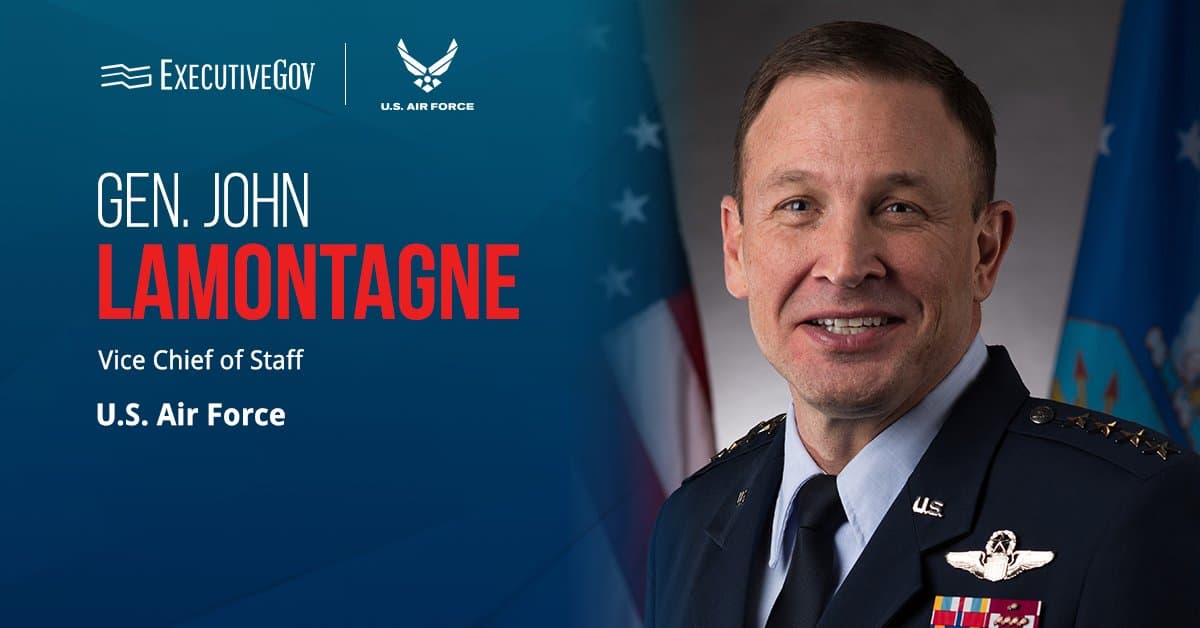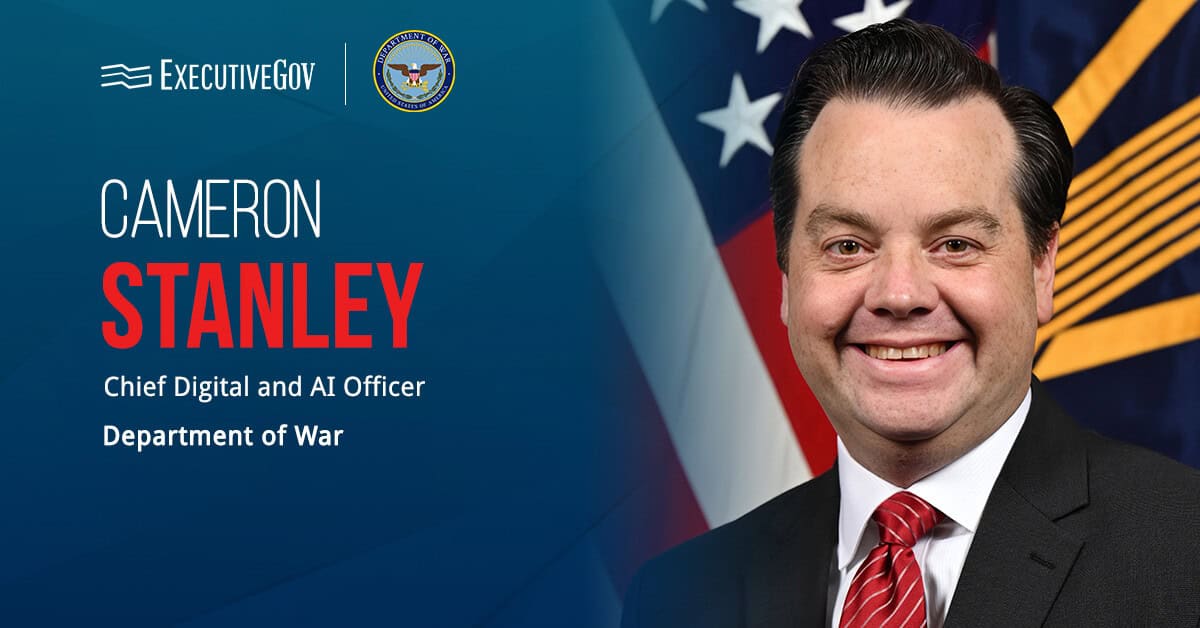Congress appropriated $65.7 billion in total funds for the Office of the Director of National Intelligence’s National Intelligence Program during fiscal year 2022.
NIP is one of the two major components of the U.S. intelligence budget and covers all projects, activities and initiatives of the Intelligence Community and other IC programs designated by the DNI and the U.S. president or the DNI and the head of an agency or department.
ODNI said Monday the appropriated budget figure for 2022 NIP includes supplemental funding.
The FY 2022 appropriated figure reflects a $3.4 billion increase from the requested budget for NIP activities – $62.3 billion – in the previous fiscal year and shows an 8 percent rise from the top-line figure allocated to NIP in FY 2021.





